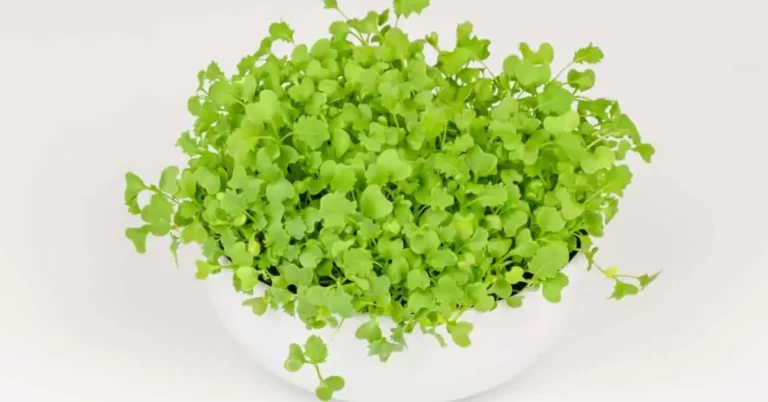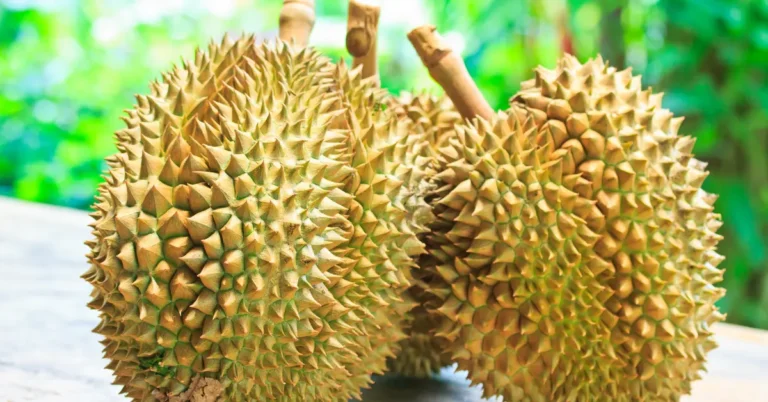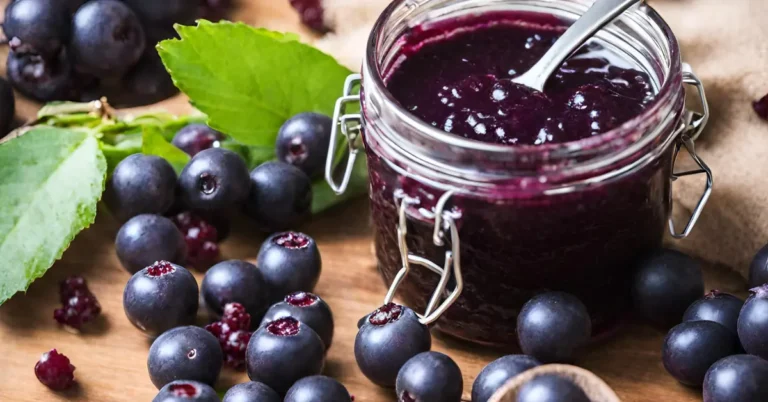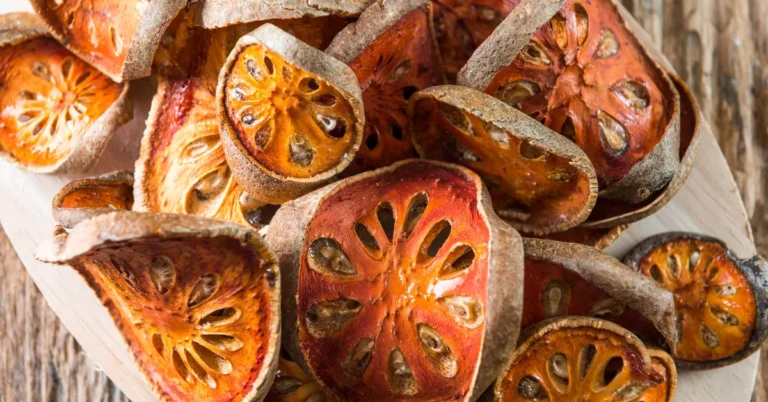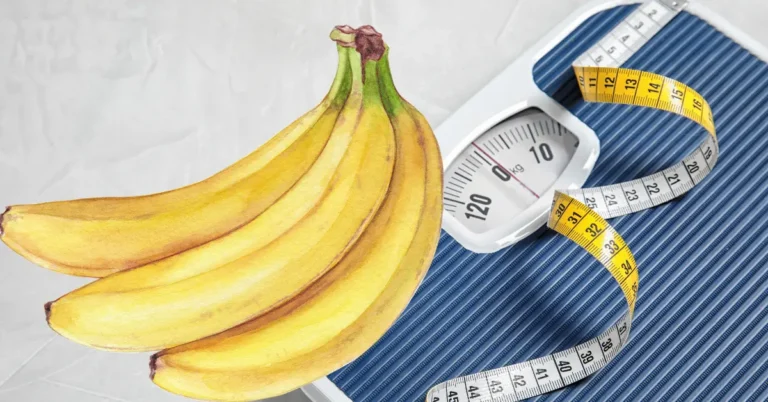How to Grow Ambarella Fruit at Home
If you want to add a unique and delicious fruit to your home garden, look no further than ambarella fruit. Also known as ambra or hog plum, this tropical fruit is native to Southeast Asia and grown in many countries worldwide.
Ambarella has a tangy and slightly sweet taste, and its flesh is often compared to that of a peach or plum. It is not only tasty but also has a plethora of health benefits, making it a valuable addition to any home garden. Here is a step-by-step guide to growing ambarella fruit at home.
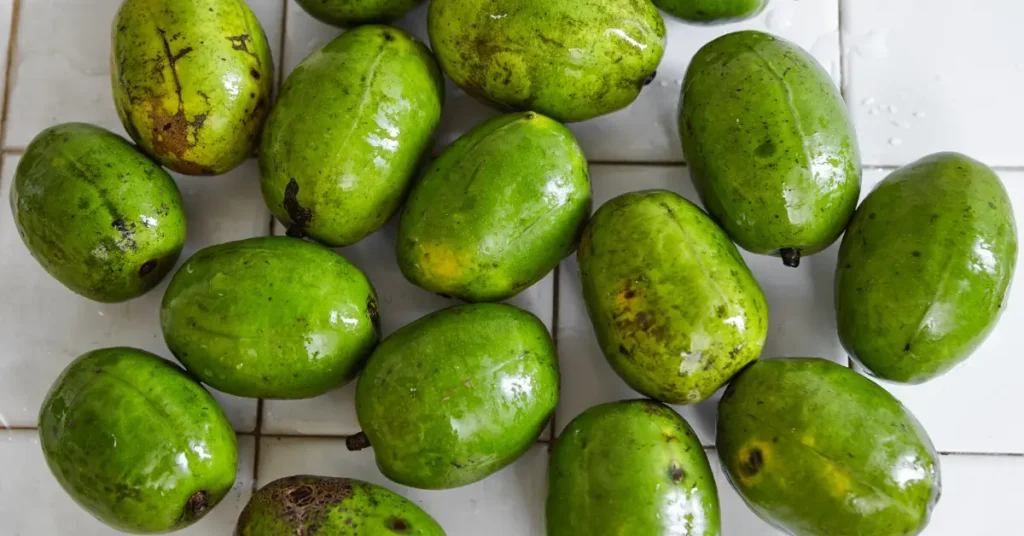
Essential Steps for Growing Ambarella Fruit:
Here are some planting, care, and harvesting tips for this exotic fruit.
1. Choosing the Right Variety:
Ambarella fruit is available in different varieties, and choosing the right one for your home garden is essential. Some popular varieties include Golden Star, Golden Star Dwarf, and Bangkok Golden. Golden Star is the most popular variety and can grow up to 50 feet tall, while Golden Star Dwarf is a compact tree ideal for smaller spaces. Bangkok Golden, on the other hand, is a vigorous tree with a semi-dwarf size and is suitable for most climates. Consider your climate and available space before selecting the variety that best suits your needs.
2. Planting:
Ambarella trees are generally propagated from seeds, cuttings, or air-layering. However, growing ambarella from seeds is recommended as it is simple and easy. Soak the seeds in water for 24 hours before planting to soften the hard outer shell. Then, fill a small pot with well-draining potting mix and plant the seed approximately 1 inch deep. Water the soil thoroughly and place the pot in a warm and sunny spot. The seeds will germinate in about 2-3 weeks, and once the seedlings have developed two sets of leaves, they can be transplanted into a bigger pot or in the ground.
3. Soil and Sunlight:
Ambarella trees thrive in well-drained and sandy loam soil with a pH of 5.0-6.5. Ensure the soil is rich in organic matter and has good drainage to prevent waterlogging. Add compost or sand to improve drainage if your soil is heavy and clayey. Ambarella trees require full sun to produce abundant fruit, so plant them in a spot that receives at least 6-8 hours of sunlight daily.
4. Watering and Fertilizing:
Ambarella trees need consistent moisture to produce quality fruit, especially during fruit development. Water the tree deeply once a week without rain, and adjust the frequency depending on the weather conditions. However, ensure not to overwater, as it can cause root rot. Fertilize the tree twice yearly, in early spring and late summer, with a balanced fertilizer. Add compost or well-rotted manure around the tree annually to provide essential nutrients.
5. Pruning and Training:
Pruning and training ambarella trees are essential to maintain their shape and facilitate fruit production. Prune the tree during the dormant season, in late winter or early spring, to remove any dead, diseased, or damaged branches. You can also shape the tree by eliminating crossed branches or branches growing inwards. Training the tree to have an open canopy by removing the lower branches can also help improve air circulation and fruit production.
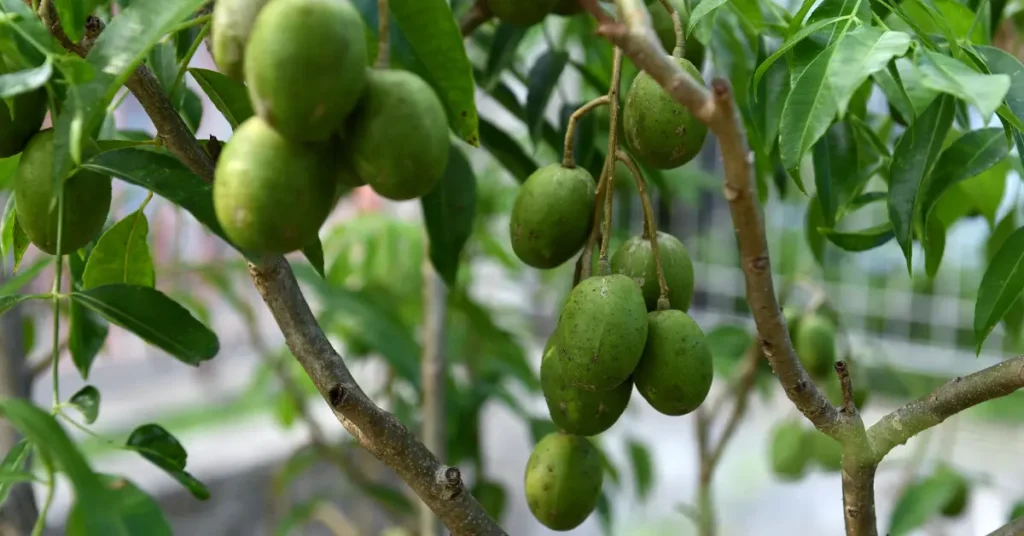
6. Pest and Disease Control:
Ambarella trees are also prone to pests and diseases like any other fruit tree. Some common pests that attack ambarella trees include mealybugs, scale insects, and fruit flies. Regularly inspect the tree for any signs of infestation and use organic insecticides or neem oil to control them. Diseases such as leaf spot and anthracnose can also affect the tree. To prevent these diseases, prune the tree regularly and avoid overwatering.
7. Harvesting:
Ambarella trees start producing fruit from their third year onwards, and the fruit matures in 6-8 months. The fruit changes color from green to yellow when it is ripe. The best way to determine if the fruit is ripe is by gently pressing it – if it feels soft, it is ready to be harvested. Use a sharp knife or scissors to cut the fruit from the tree, leaving the stem attached.
Conclusion:
Growing ambarella fruit at home is a rewarding experience. You can enjoy fresh and delicious fruit from your backyard with the proper care and conditions. Remember to choose a suitable variety, provide adequate care, and protect the tree from pests and diseases. Follow the steps outlined in this article, and soon, you will harvest your ambarella fruit. Happy growing!

